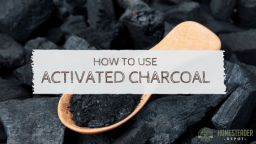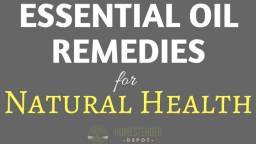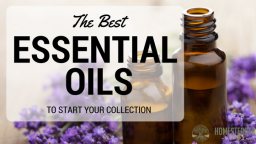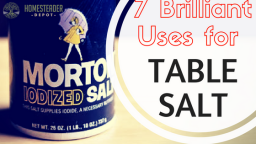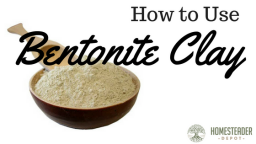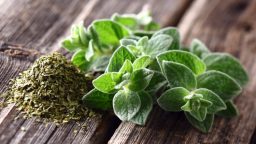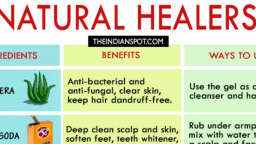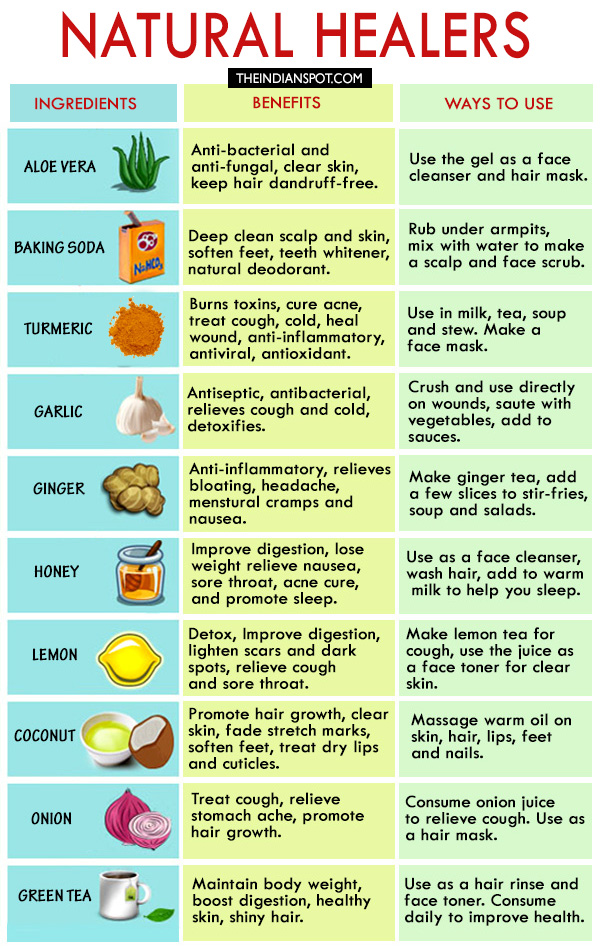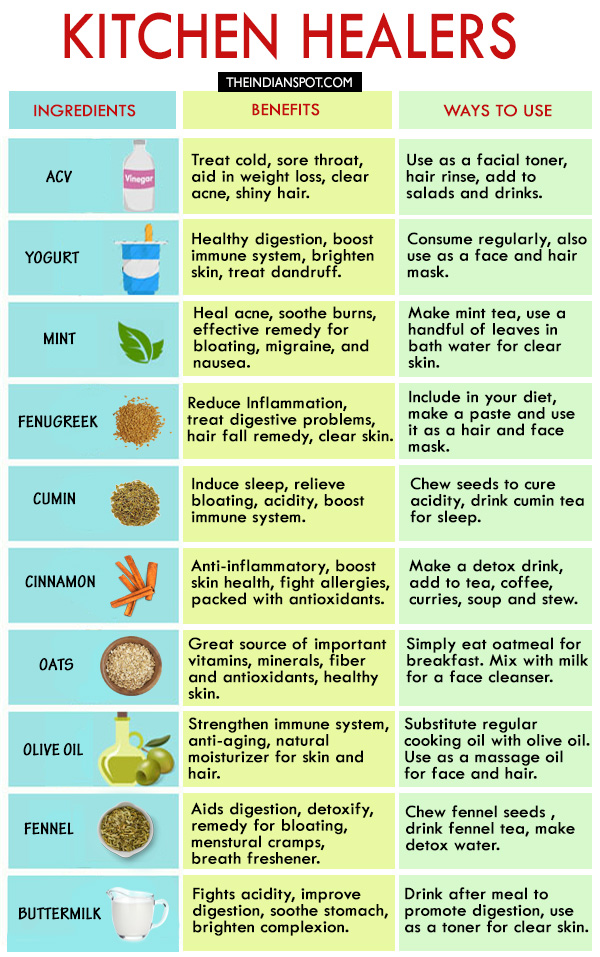There’s a lot of hype about essential oils out there, and it really is for good reason. Essential oils are a wonderful addition to any natural medicine cabinet.
But it can be overwhelming trying to get yourself set up with some essential oils, and you can easily get sucked into some of the network marketing companies that sell essential oils for a very high price. or a bundle of several oils at once. You can easily spend up to a few hundred dollars on small bottles of oil that you won’t even use!
There are literally dozens of types of essential oils out there to get, so how do you know which ones you will actually use? You might have one oil recommended to you for a certain remedy, but if you invest in a bottle, will you use it again?
Here are some of the most common essential oils, that have the most versatile uses, and are also the easiest to find. There’s a lot of obscure oils out there that have a great place in natural medicine, of course, and can offer great help to certain remedies. But these oils are the best, all-purpose oils, that you will most likely find yourself reaching to time and time again, who have a long list of uses.
When you are purchasing essential oils for the first time, make sure to pick something you’ll actually use. Good quality essential oils will work wonderfully well, and a little bit goes a long way, so one small bottle actually might last you years. Consider one of these for your starter oil, and you definitely won’t run out of ways to use it.
A quick note on the term “carrier oil” which I use in this guide. A carrier oil is a non-essential oil that you use to apply essential oils topically. Since essential oils are highly concentrated, you usually only need 1-3 drops for topical use, and if you don’t have the resources to make your own balm, adding the oil to a carrier oil can help to quickly apply an essential oil directly to you skin. Some great carrier oils are olive, almond, or coconut oil, but you can use whatever you have on hand in a pinch.
Some great carrier oils are olive, almond, or coconut oil, but you can use whatever you have on hand in a pinch. Simply pour some of the carrier oil into your hand, and add 1-3 drops of the essential. Mix it around with your finger, and apply.
If you are considering starting your essential oil collection, I highly recommend investing in a good carrier oil as well. My personal favorite is almond oil, since it’s great for your skin and generally affordable.
Now, on to our essential oils!
Lavender
I wrote a whole post about lavender alone, so you can refer to that for more detail. But lavender always tops my list for useful essential oils. It smells amazing, has been used for centuries, and has a list of uses as long as your arm. You really can’t go wrong with lavender oil as a staple in your medicine chest.
Tea tree
Tea tree oil is another great starter essential oil. It is naturally antibacterial and antifungal, so it’s great for everything from DIY all-purpose cleaner to treating athlete’s foot or dandruff. As a cleaning product, it works amazing well to sanitize and deodorize every room in your house, and it smells really clean and lovely too. Way better than Pine-Sol, and healthier too!
Peppermint
Peppermint is another favorite of mine for many reasons. It is great for diffusing, especially if you’re battling a cold, and can be added to a carrier oil for a natural alternative to Vick’s vapor rub, or to sooth sore muscles and other aches and pains. You can dab a little on a sore tooth or add a few drops to some water for a very effective homemade mouthwash. It is also a great addition to homemade toothpaste if you miss the minty-freshness of conventional toothpaste. It is also great as a natural spider repellent around the house.
Cinnamon
Cinnamon is another great essential oil for dental issues, it can numb an aching tooth or flavor mouthwash and toothpaste. If you’re a fan of air fresheners or scented candles, cinnamon is a much safer and chemical-free alternative to these toxic, synthetic scents. It is another great oil to diffuse when you are suffering from a cold, it will deodorize the air and also help break up phlegm or congestion.
There is also one amazing, near-miraculous use for cinnamon oil: ant repellant. Nothing banishes ants from your kitchen like a few regular sprays of water with a bit of cinnamon essential oil in it. You’ll be amazed; the ants will never come back. It is on this list for that reason alone, although it’s still a very effective oil in other ways as well! Read more about this in my latest post on banishing ants for good.
Eucalyptus
Eucalyptus, like tea tree oil, is a great antifungal and antibacterial oil that has a lot of medicinal uses. It’s ideal for diffusing when sick, or adding to your chest in a carrier oil if you have a cough, congestion, or to ease asthmatic symptoms. Many people love the fresh, earthy scent of eucalyptus, so it’s not only medicinal when diffused, but a wonderful air freshener. You can also use it topically in a carrier oil to relieve sore muscles or tension.
Essential oils have so many uses around the house, and these are some of the best to start with. You might not even want to buy any more after getting any one of these staples, or you might find yourself hooked! Let us know if you’d like to know more about less common essential oils and their uses, and we’ll be sure to get that posted for you as well.
If you enjoyed this, you might also like….
